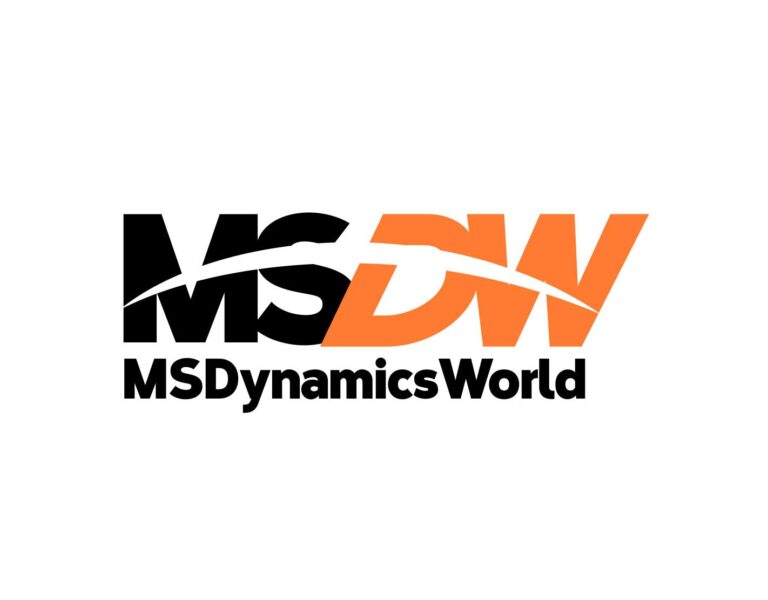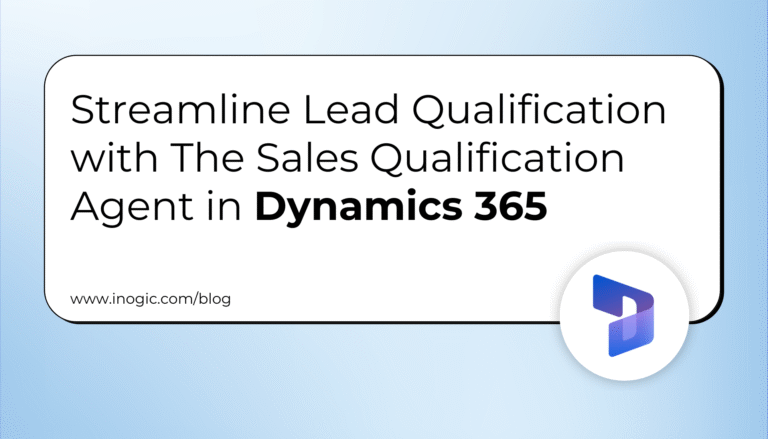In a growth facilitating business environment, a smooth transition between development and sales is essential. Salesforce, the industry’s premier CRM platform, meets DevOps, a set of processes for continuous development, integration, and deployment. Integrating these two powerhouses unlocks a world of benefits for your sales cycle:
- Faster Release Cycles: DevOps encourages continuous integration and delivery (CI/CD), which allows developers to send updates more often. This guarantees that your sales staff gets rapid access to new features and issue fixes.
- Enhanced Data Accuracy: Integration reduces the need for manual data entry between the CRM and development environments. This avoids mistakes and guarantees that your sales staff uses correct customer data.
- Enhanced Automation: Streamline repetitious operations by automating data synchronization between platforms and user provisioning. Your sales staff will have more valuable time to concentrate on completing business as a result.
- Simplified Change Management: DevOps makes it easier to track code changes and maintain version control. This enables your sales staff to be aware of impending modifications and their possible effects.
Integration between Salesforce and DevOps may be achieved in two main ways: - Native Integrations: For fundamental connectivity features, both the DevOps and Salesforce platforms provide pre-built connections.
Third-Party Integration solutions: With these solutions, you may automate intricate operations with a greater range of customization possibilities and sophisticated functionality.
Don’t forget to check out: Snowflake and Salesforce Integration
A Real-World Example of Salesforce and DevOps Integration
Case Study: Acme Corporation
Acme Corporation, a leading software company, faced challenges with slow release cycles and manual data entry processes. To address these issues, they implemented a DevOps pipeline and integrated it with their Salesforce CRM.
Key Benefits Achieved:
- Faster Time-to-Market: By automating the deployment process, Acme Corporation was able to release new features and updates to their customers more frequently.
- Improved Data Accuracy: Integrating Salesforce and DevOps helped eliminate manual data entry errors and ensure data consistency.
- Enhanced Collaboration: DevOps practices fostered better collaboration between development and sales teams, leading to improved communication and alignment.
- Increased Customer Satisfaction: Faster updates and improved data accuracy led to a more positive customer experience.
Integration Strategies:
- Native Integrations: Both Salesforce and DevOps platforms often offer built-in integration features for basic connectivity.
- Third-Party Integration Solutions: For more complex integrations or customization, third-party tools can be used.
Choosing the Right Integration Strategy
The best integration strategy for your organization depends on your technical expertise and specific requirements. Consider factors such as the complexity of your integration needs, existing tools and infrastructure, and the desired level of customization.
![]() Check out another amazing blog here: A Nonprofit’s Success with Salesforce
Check out another amazing blog here: A Nonprofit’s Success with Salesforce
Conclusion
Integrating Salesforce with DevOps is a strategic choice that may provide considerable benefits to organizations of any size. Organizations may obtain a competitive advantage and promote growth by simplifying procedures, enhancing data accuracy, and speeding up the time-to-market.
Integrating Salesforce with DevOps allows you to optimize your sales processes, enhance data integrity, and speed up the release of new products. This, in turn, can result in enhanced sales productivity, more customer satisfaction, and overall business development.
The best integration strategy for you will rely on your technical skill level and unique requirements.
To understand this integration in depth tap on this link
https://www.cloudycoders.com/blog/how-integrate-devops-with-salesforce/
Thanks for Reading! Stay tuned for more such blogs. Feel free to suggest more blog ideas!











